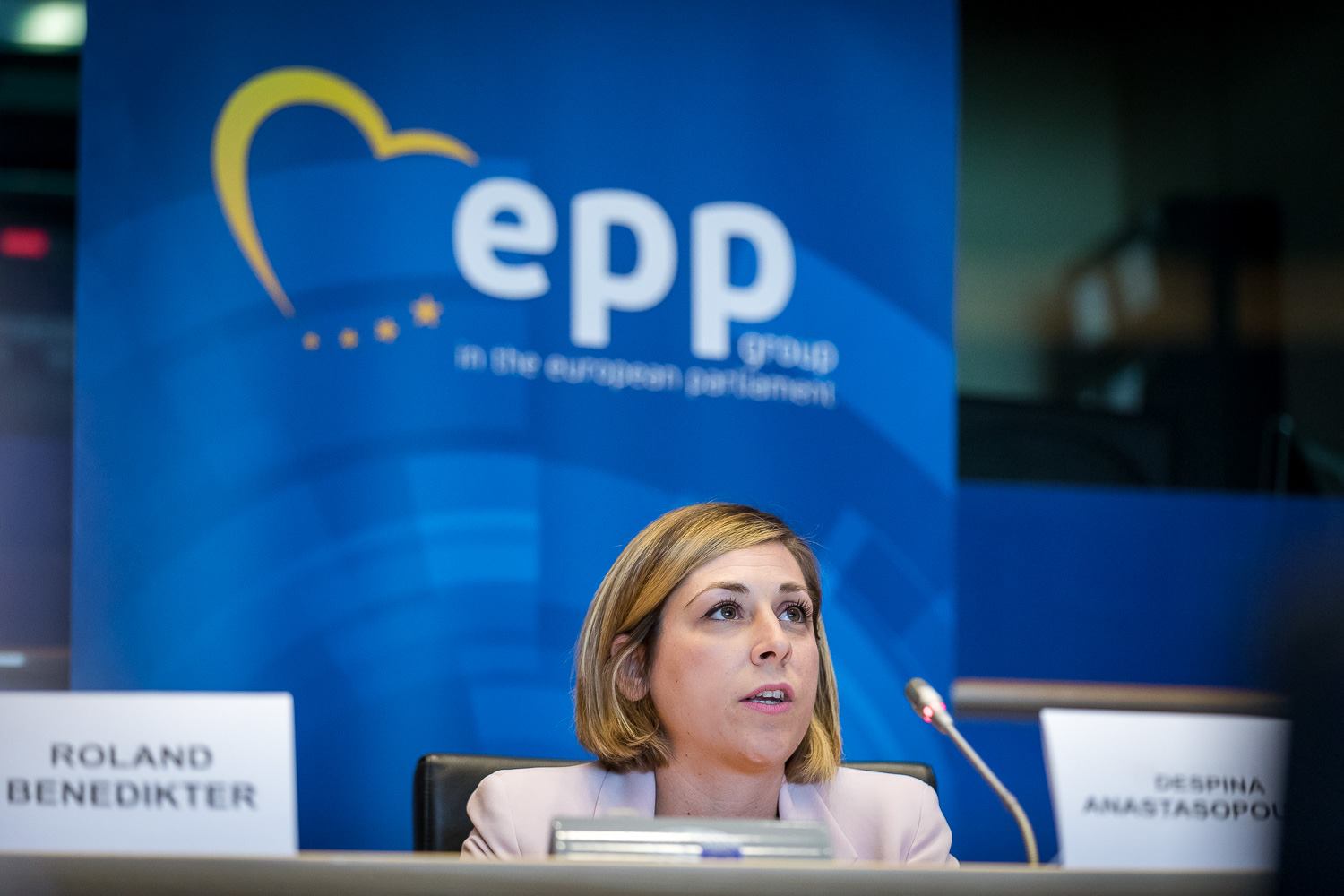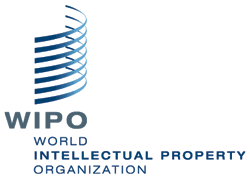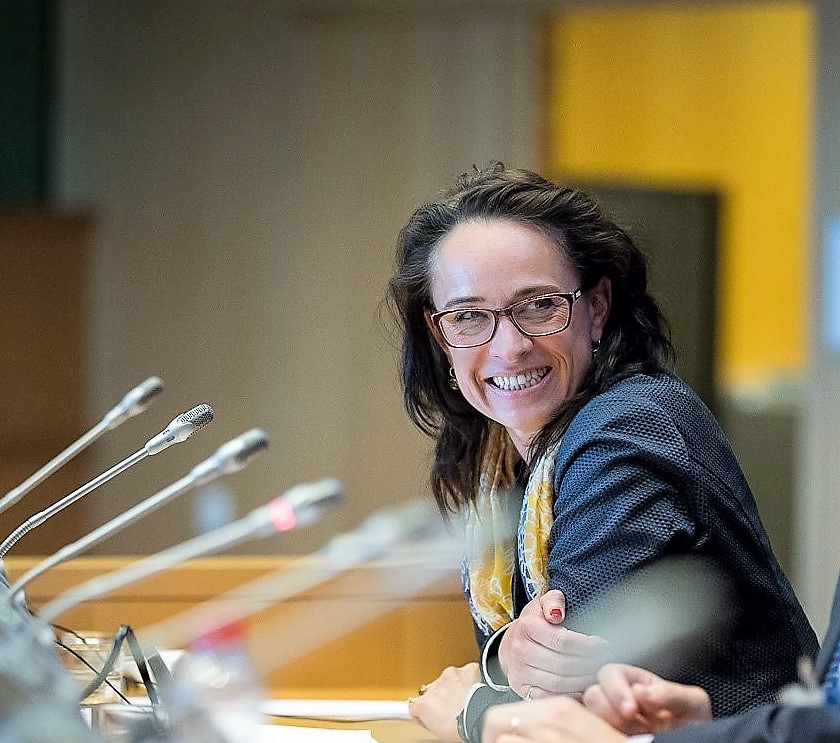Financial resources and capabilities for start-ups growth
The major public policy objectives in supporting business creation is to help new entities acquire resources required to successfully start and grow their businesses (knowledge, capital, networks).
Considering financial literacy and skills, many countries today offer a mix development support, set up in the combined operating processes of their development institutions, guarantee schemes and advisory support bodies. This combination has shown in the past its full value for start-ups in traditional activities.
In the recent years, due to the mediatisation of remarkably successful ventures, of record volumes of equity raising, of the development of fintech and new forms of financing, including direct financing from the “real economy”, a vision of an easier context for innovative start-ups tends to set itself up.
Still, a less rosy picture exists for the majority of new SMEs, which still face traditional weaknesses and problems, some changes creating greater difficulties for accessing finance and developing skills.
In a fast-changing situation, the need for an updated, coherent and multi-level approach to entrepreneurship and SME development, taking into account the heterogeneity of situations, is a real challenge for policy makers and development institutions.

Relator: Mr. Jean-Louis Leloir
Special Adviser to the Board of Directors, European Association of Guarantee Institutions BelgiumJean-Louis Leloir graduated from the French High Business School ESCP in 1975. He has filled since 1979 various responsibilities (at Head Office and Branches), mostly in the field of loan guarantee schemes, in the Bpifrance group, French public development institution supporting SME financing. Formerly Credit Department Manager and Auditor, he was for the last 10 years Head of Technical Assistance and Consulting, addressing acquired expertise to foreign guarantee institutions, mostly in MENA Region and Africa, in assignments from Donors and International Institutions (World Bank Group, AFD, OECD, and European Commission). Since 2015 he has been Special Adviser to the Board of Directors of the European Association of Guarantee Institutions (AECM).










